Take a moment to recall the last time you took a flight. Did you experience any pain or uncomfortable clogging in your ears? Regardless of whether you are flying first, business or economy, one thing that all air travellers might have in common is ear discomfort. Also known as ear barotrauma, the discomfort can vary from a couple of hours to even a few days! Other than causing frustration, the ear blockage can also dampen your travels as you struggle to listen to your travel companions, business clients or even your driver.
Why does it occur?
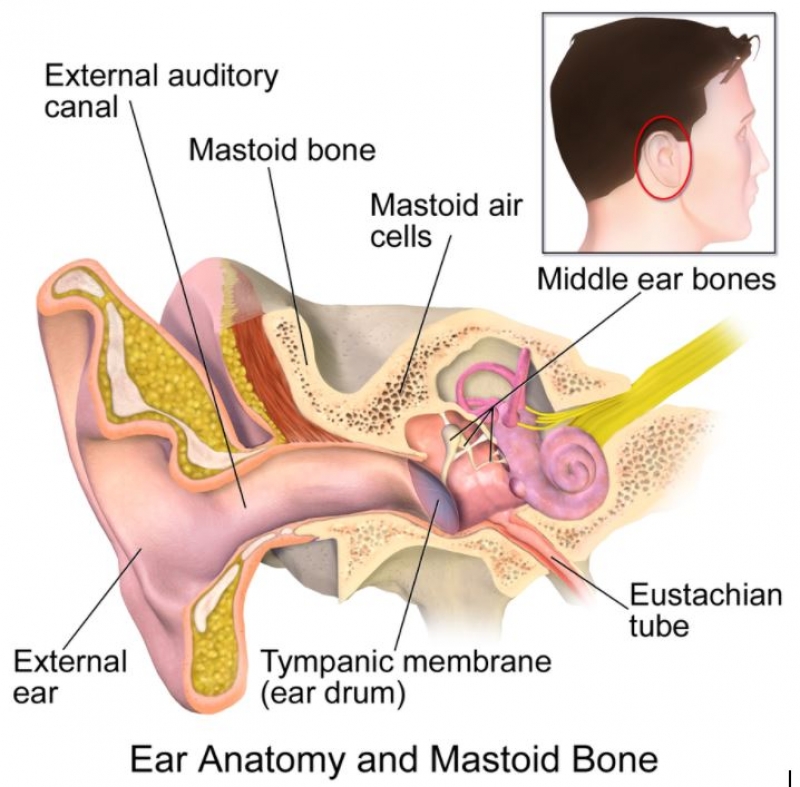
Image credit: BruceBlaus
First a little anatomy: you will notice that this discomfort arises when you are preparing for landing. As the aircraft descends, the air pressure inside the aircraft cabin will gradually increase causing the eardrums to be pushed inwards. To counter this, air pressure on the other side of the eardrums (in the inner ear) must also increase. Usually, air is not sucked in fast enough due to the rapid decrease in altitude. This ultimately results in pressure, and later pain.
What’s the remedy?
Instead of waiting for that uncomfortable, blocked feeling to go away on its own, speed up the process by trying these safe and natural methods that will ease the discomfort.
Sucking on candy
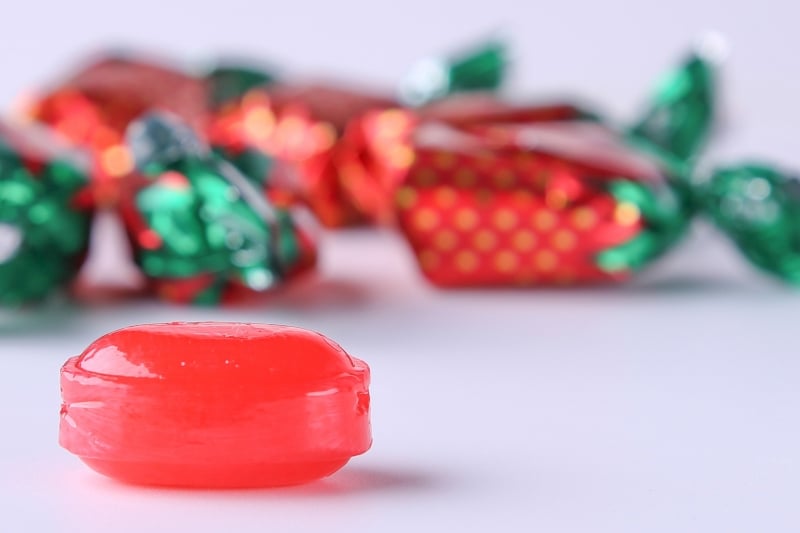
Ever thought about the rationale behind cabin crew passing out sweets before take off and landing? Sucking on hard candy or chewing gum encourages you to swallow frequently, which allows the pressure in your ear to balance out by opening the Eustachian tube.
The Valsalva Maneuver
The name sounds really complicated, but it’s very easy to do! Basically just close your mouth, pinch your nose and blow gently. This method helps to equalize the pressure in your Eustachian tubes.
Note: Be careful not to blow too hard as it may cause damage to your eardrums! Do this a few times till you hear a pop, which indicates that your ears are no longer blocked.
The Toynbee Maneuver
The Toynbee Maneuver is very similar to the Valsalva. While pinching your nose, sip on some water and swallow hard. This may also help to relieve the blockage.
Yawn
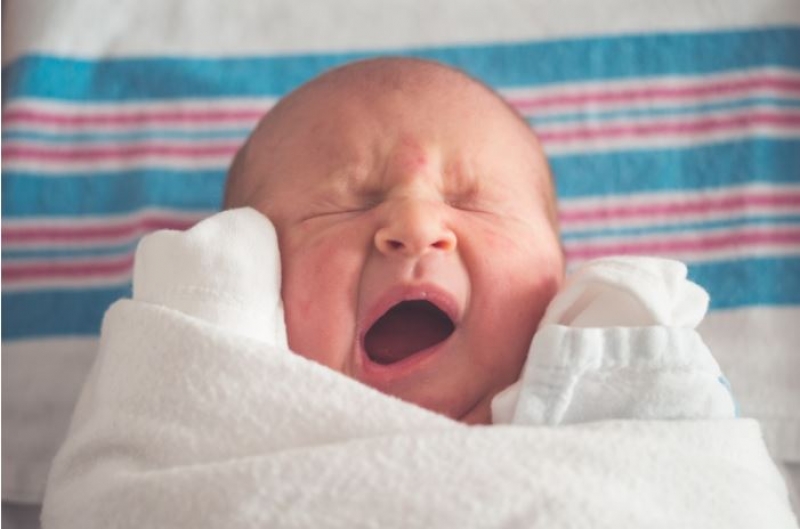
Try to yawn as much as you can! Yawning activates the muscles that open the Eustachian tube to allow pressure to balance out.
How can I prevent this?
As the saying goes, prevention is better than cure! Here are some precautions that you can take to avoid that painful episode of plugged ears.
Do not sleep during takeoff or landing
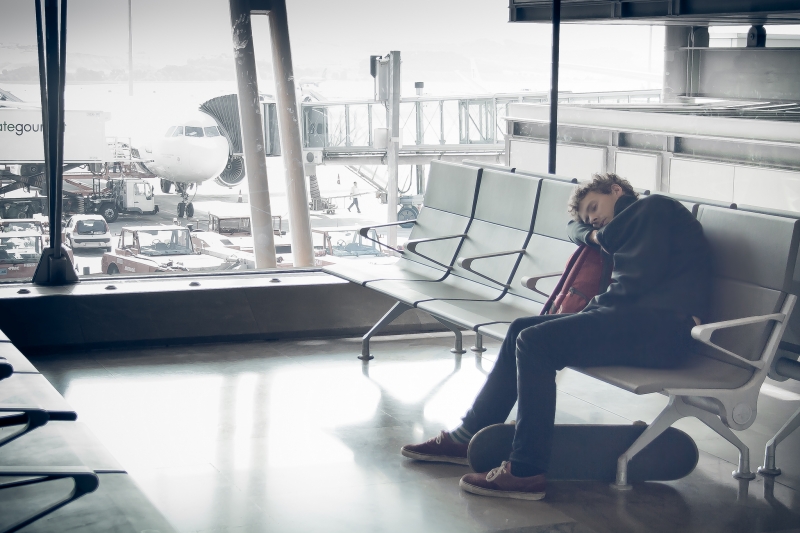
Image credit: Hernán Piñera
Don’t we all have our pet-peeves with early morning and late night flights? Settling in your seat with (much) fewer hours of rest might send you immediately to sleep. However, this might put you at risk of permanent ear damage (yikes)!
Air pressure inside an aircraft cabin changes rapidly during takeoff and landing due to the quick shifts in altitude. It is crucial to stay awake and actively work on opening up and clearing the Eustachian tubes during these two stages of a flight.
Decongestant or nasal spray
If you are having a cold and are due for a flight, taking a prescribed decongestant might be helpful to prevent a painful ear blockage. One such spray, which contains Xylometazoline, is readily available at pharmacies and drugstores. Use the spray/decongestant one to two hours before your flight and also post-flight or as instructed.
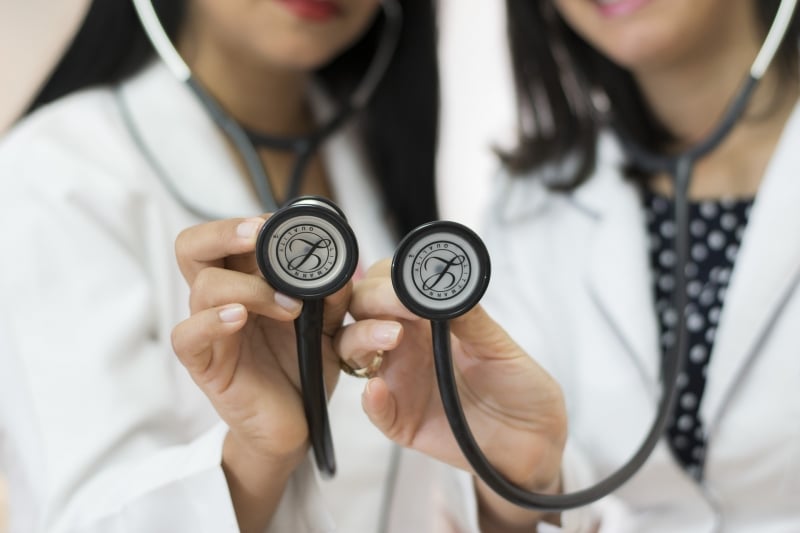
It is highly advisable to consult your family doctor or physician (especially those who are pregnant/having pre-existing conditions/on other medications) before using these commercially available medicines.
How about for young children?
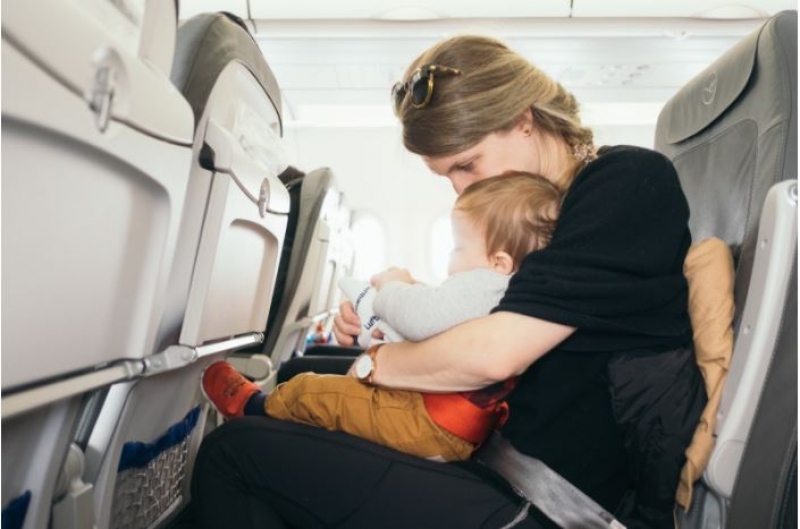
Babies and children are more prone to experiencing these ear blockages because their Eustachian tubes are much narrower than that of adults. That probably explains why you always hear children crying especially during takeoff and landing.
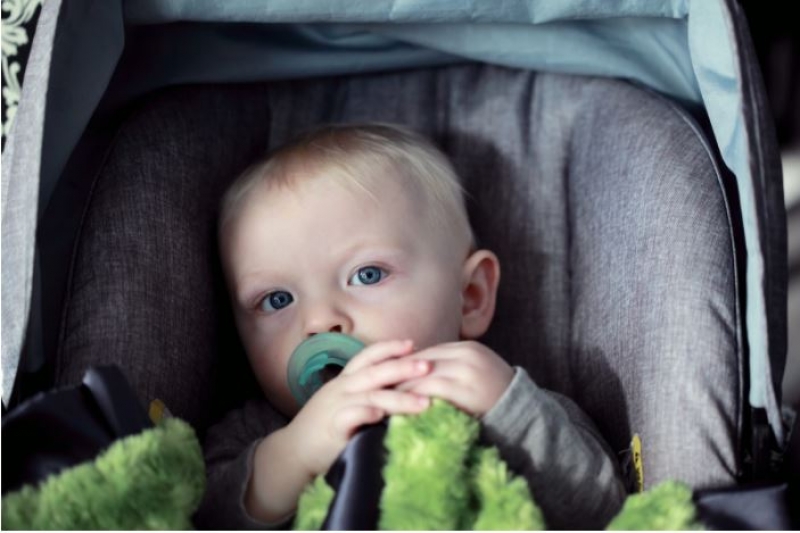
Young children are unable to pop their ears on their own, but you can help them by giving them a pacifier or by bottle-feeding them so as to encourage swallowing. Always keep a milk bottle handy and try your best to prevent your child from sleeping during takeoff and landing.
Note: Do not give hard candy to young children as they pose as choking hazards.
From the dry cabin air and frequent leg cramps to the jet lag and blocked ears, flying can really take a toll on our well-being. Do take necessary precautions when you are travelling, and have the medications that you need in hand. Keep these tips and techniques in mind to make your flying experience more comfortable. Remember to take care of your Eustachian tubes, and bon voyage!





